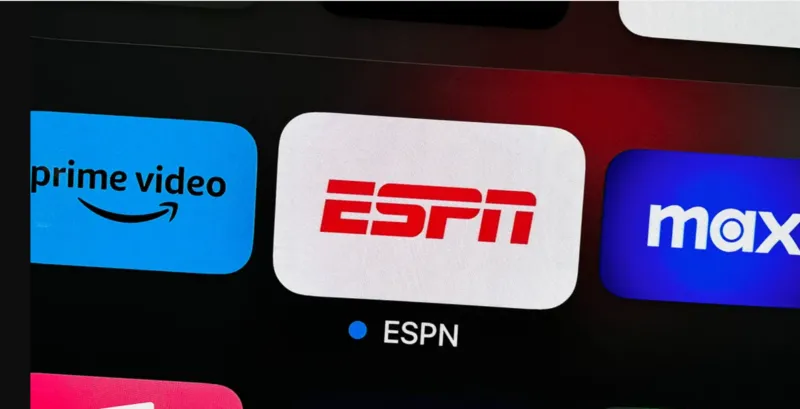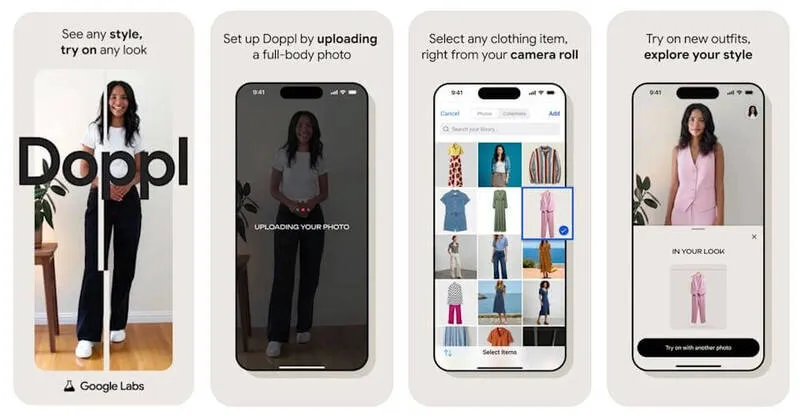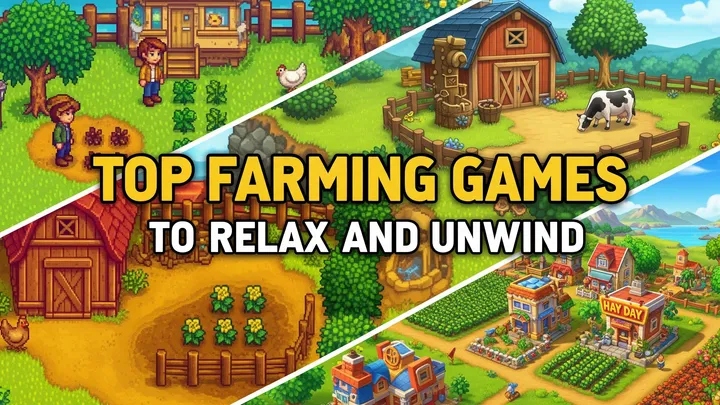1. Humain Chat
Description (~100 words)
Humain Chat is a newly launched conversational AI app developed by Saudi Arabia’s AI firm Humain, featuring the Allam large language model crafted to reflect Islamic values and cultural heritage. It enables bilingual conversations in Arabic and English and can understand various dialects, including Egyptian and Lebanese. Currently accessible only in Saudi Arabia, the app represents a strategic effort to offer culturally aligned AI experiences and positions itself as a regional competitor to Abu Dhabi’s Falcon AI model. Its dual-language capabilities and cultural grounding mark it as a notable innovation in the AI chatbot space in 2025
.
Analysis & Context
Humain Chat signals a growing trend toward regionally tailored AI solutions that reflect cultural values. Its ability to handle multiple dialects enhances accessibility and makes it a powerful tool in Arabic-speaking markets. As a local offering in the shadow of global models, it may inspire similar culturally specific AI developments across different regions.

2. ESPN Standalone Streaming App
Description (~100 words)
Disney has released its standalone ESPN streaming app, offering access to over 47,000 live events per year outside the constraints of traditional pay TV. Priced at $30 per month, it includes AI-generated highlights with recognizable ESPN anchor voices, personalized feeds, fantasy stats, betting integration, and vertical video highlights known as “Verts.” The app also comes with an introductory package that includes ad-supported Disney+ and Hulu. This marks a bold step in Disney’s strategy to reclaim streaming viewers lost from its declining cable viewership
Analysis & Context
This launch reflects the continuing shift away from cable toward direct-to-consumer streaming services. By leveraging AI for content personalization and immersive viewing formats like vertical video, ESPN responds to modern user expectations. The inclusion of fantasy stats and betting features further positions the app as a multifaceted hub for sports fans of all interests.

3. Doppl (Google’s Virtual Try-On App)
Description (~100 words)
Doppl is a newly released experimental app from Google Labs, available to adults in the U.S. with Google accounts. It leverages AI to enable users to virtually try on clothing, overlaying designs onto their own images to visualize outfits without needing physical fitting. The app aims to revolutionize online shopping by improving personalization and reducing return rates through an interactive and realistic preview experience
Analysis & Context
Doppl exemplifies how AI can enhance e-commerce by bridging the gap between digital browsing and physical fitting room experiences. As online shopping continues to dominate, interactive tools like virtual try-ons may become essential for customer satisfaction and reducing friction. Google’s foray into this space indicates a broader push toward AI-powered retail innovation.

Full Article Body
Introduction
2025 has already brought a wave of fascinating app launches that blend cultural nuance, streaming innovation, and AI-powered shopping enhancements. Three apps stand out for their impact and creativity: Humain Chat, delivering culturally attuned AI chat for Arabic users; the ESPN standalone streaming app, redefining the way sports are consumed; and Google’s Doppl, offering AI-powered virtual outfit try-ons to bridge online shopping barriers.
Humain Chat: AI with Cultural Resonance
Humain Chat leads the pack as a culturally sensitive AI chatbot crafted by Saudi Arabia’s AI developer Humain. Utilizing the Allam large language model, the app handles bilingual communication—Arabic and English—with support for dialects like Egyptian and Lebanese. This localization makes it uniquely useful across the Arabic-speaking world. Available only within Saudi Arabia, the app directly challenges broader commercial models by offering a culturally aligned AI experience—a significant milestone in 2025’s AI landscape
ESPN Streaming App: Sports Without Boundaries
Disney’s ESPN streaming app signifies a pivotal shift in sports content delivery. With over 47,000 live events, personalized highlights, and vertical video formats, the app offers a streamlined, modernized sports experience for $30 per month. Users can enjoy fantasy stats, betting features, and curated feeds—all without needing a cable subscription. This strategy aligns with changing viewing habits and highlights how legacy broadcasters are embracing direct-to-consumer models
Doppl: The Future of Virtual Dressing
Google Labs’ Doppl transforms the online shopping experience through AI-based virtual outfit visualization. Available for U.S. adults with Google accounts, the app helps customers see how clothes will look on them without physical trials. This immersive try-on experience could dramatically lower return rates and enhance purchasing confidence. It represents a forward-looking step in combining AI with retail convenience for 2025 shopping trends
.
Comparative Insights
These three apps, while serving very different domains, collectively illustrate the evolving digital landscape of 2025:
- Cultural AI: Humain Chat prioritizes culturally specific interaction, reflecting demand for locally resonant technology.
- Streaming Transformation: ESPN’s standalone app adapts traditional media to modern consumption formats and personalization.
- Retail Reinvention: Doppl uses AI to enrich shopping experiences, merging virtual reality concepts with practical utility.
Together they mark a year where technology becomes both more personalized and more specialized—addressing unique cultural contexts, entertainment preferences, and lifestyle needs.
Conclusion
2025’s app landscape is distinguished by diversity and innovation. Humain Chat demonstrates how AI can honor cultural frameworks. ESPN’s streaming service shows how entertainment giants evolve to meet digital-first consumption. Doppl exemplifies AI’s potential to enrich everyday commerce through immersive tools. These apps are not just new options—they are indicators of how technology, culture, and convenience are converging to shape tomorrow’s digital experiences.

















